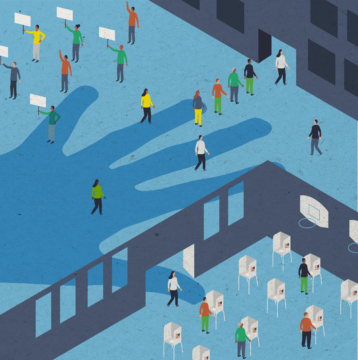Featured Analysis
Google’s Location Data Policy Update: Why Users Need More Than Pinkie Promises to Protect Their Most Sensitive Information
While Google's location data policy change seems like a promising step in the right direction, we should be mindful of Google’s long history of failing to uphold its privacy obligations and vigilant in monitoring the company's follow-through on its commitments.









